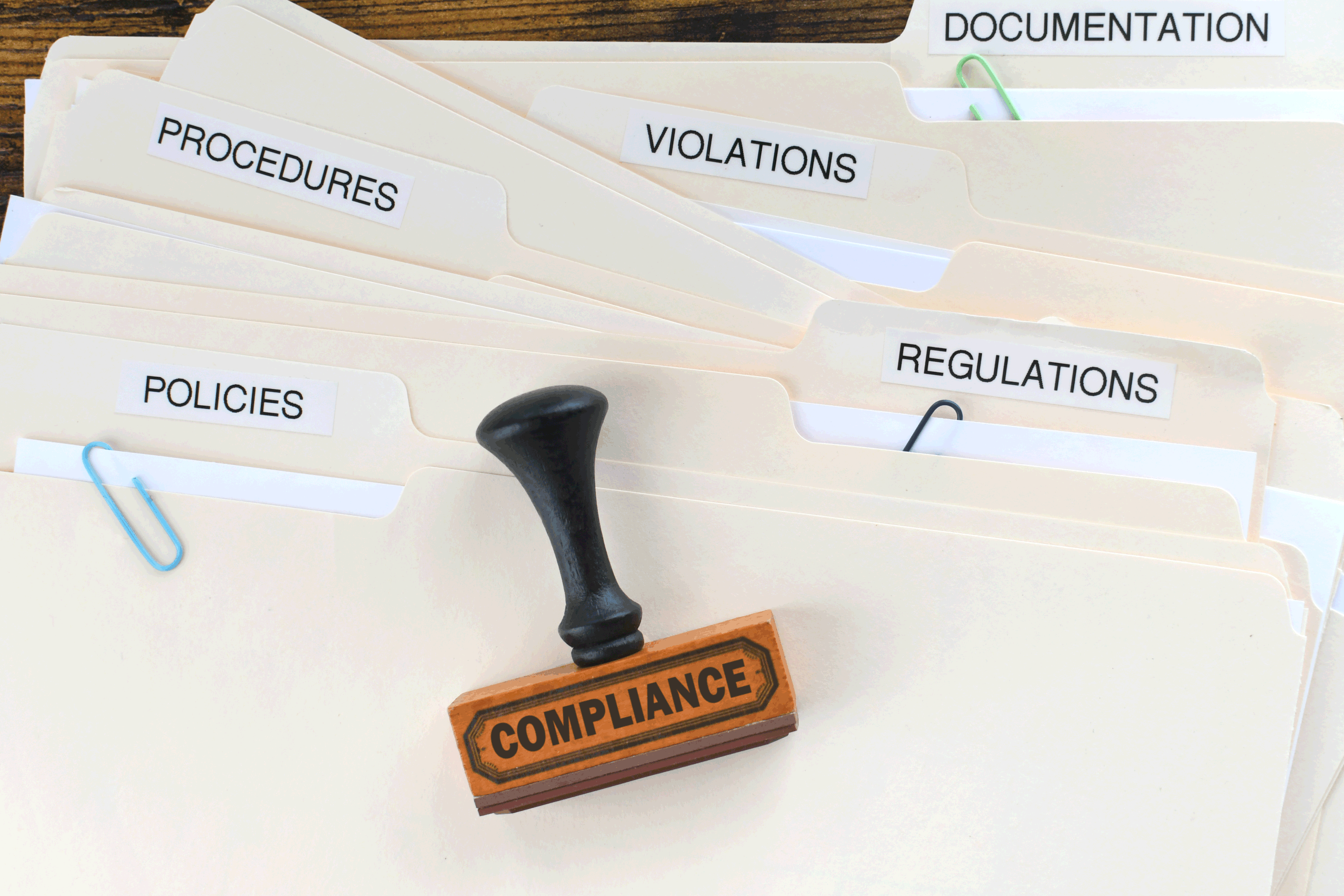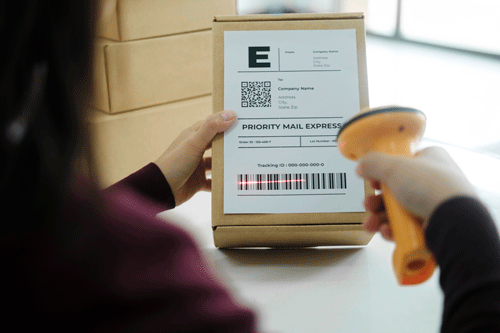Halal Certifications
We are committed to upholding the highest standards of halal certification, ensuring integrity, trust, and transparency in the global halal industry.
Compliance with Islamic Dietary Laws: All products and processes seeking halal certification must adhere to the dietary laws of Islam as prescribed in the Quran. This includes the prohibition of certain animal-derived ingredients, such as pork and alcohol, and adherence to specific processing and handling requirements.
Transparency and Documentation: Applicants for halal certification must maintain detailed records and documentation of their production processes, ingredients, and sources, which must be made available for inspection and audit by the certification organization.
What We Do
_______________________________________
Services
Traceability and Integrity: Certified products and facilities must demonstrate the ability to trace the origin and handling of all ingredients and materials used in the production process to ensure the integrity of the halal supply chain.
Ongoing Monitoring and Compliance: Certified entities are subject to ongoing monitoring and periodic audits to ensure continued compliance with halal standards. Any changes to ingredients, processes, or facilities must be promptly reported to the certification organization for re-evaluation.
Ethical Practices: Halal certification requires businesses to uphold ethical and fair labor practices, as well as environmental sustainability, in accordance with Islamic principles.
Regulatory Compliance: Certified products and facilities must also comply with all relevant local and international food safety and quality regulations, in addition to the specific requirements of halal certification.
How to get certification?
Services
_______________________________________
The certification process at IHCA follows a meticulous and comprehensive approach to ensure the authenticity and integrity of halal products and services. It begins with the submission of an application by the applicant, accompanied by all necessary documentation detailing ingredients, production processes, and relevant certifications. Upon successful completion of the documentation review, an on-site inspection is scheduled to assess the facility’s practices and procedures firsthand. During the inspection, our qualified inspectors meticulously examine every aspect of production, from ingredient sourcing to packaging, to ensure adherence to halal principles. Once all requirements are met and any necessary corrective actions are taken, the halal certification is issued, allowing the certified products to display our trusted halal mark. Our certification process is transparent, rigorous, and designed to uphold the highest standards of halal integrity, providing consumers with confidence in the products they choose.
Let’s make it together
How We Certify
Services
_______________________________________
At our organization, we take pride in ensuring that our certification process for chicken and beef meets the highest standards of halal integrity, We offer approval for both hand slaughter and machine slaughter, commonly known as zabiha, for chicken. As long as the name of Allah is mentioned (Tasmia) we consider both methods to fulfill the requirements of Halal slaughter. Similarly , for beef, we endorse both Nahr and Dabah as acceptable methods of slaughter. It’s important to note that depending on the method of slaughter, the certification will vary accordingly and will be reflected as such.









